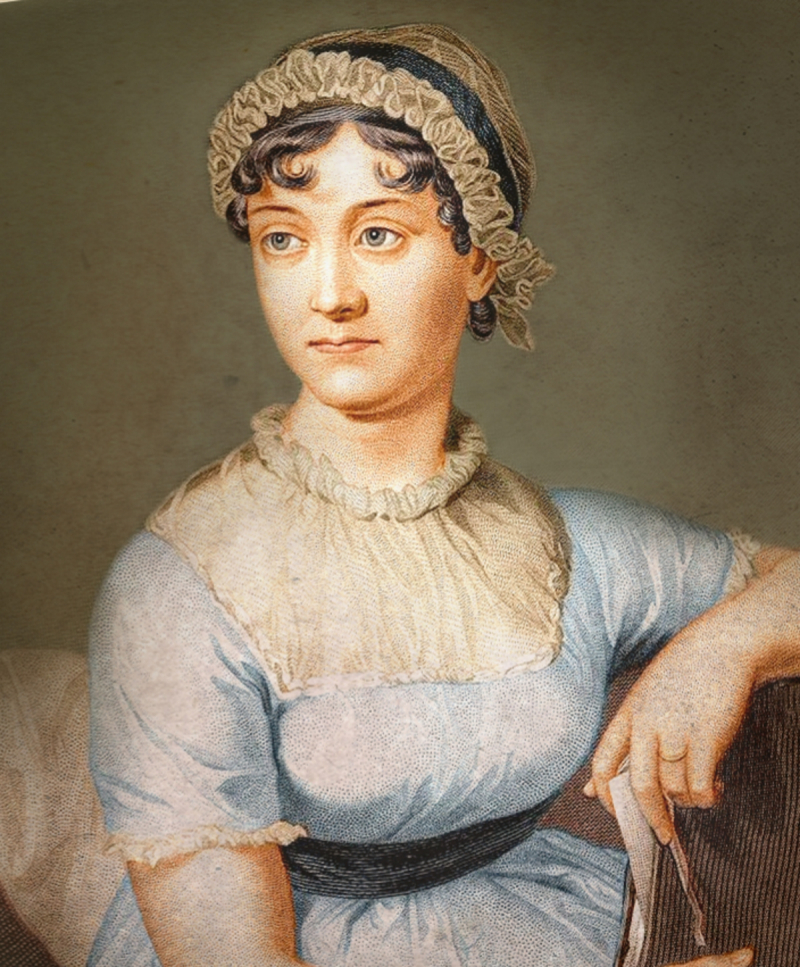Jane Austen
Jane Austen (16 December 1775 – 18 July 1817) was an English novelist best known for her six main novels that interpret, critiqued, and commented on the British landed gentry at the end of the eighteenth century. Austen's stories frequently address women's need for marriage in order to achieve social status and financial security. Her works are part of the shift to 19th-century literary realism and critique the novels of sensibility from the second half of the 18th century. Critics and academics have praised her use of stinging irony, as well as her realism and social critique. Austen's six full-length books have never been out of print since her death, and her six full-length novels have never been out of print.
In her lifetime, she earned little success and, because the books were published anonymously, little celebrity with the publishing of Sense and Sensibility (1811), Pride and Prejudice (1813), Mansfield Park (1814), and Emma (1816). She also wrote two additional books, Northanger Abbey and Persuasion, both of which were published posthumously in 1818, and she started a third, Sanditon, but died before it was finished. She also left three manuscript volumes of juvenile works, the brief epistolary book Lady Susan, and an unfinished novel, The Watsons.
"Sense and Sensibility" was her first published work, appearing in 1811 under the pseudonym "A Lady". It tells the story of the Dashwood sisters, Elinor and Marianne, and their lives and loves. The young girls are followed to their new home, a little cottage on the property of a distant relative, where they experience love, romance, and heartbreak.












